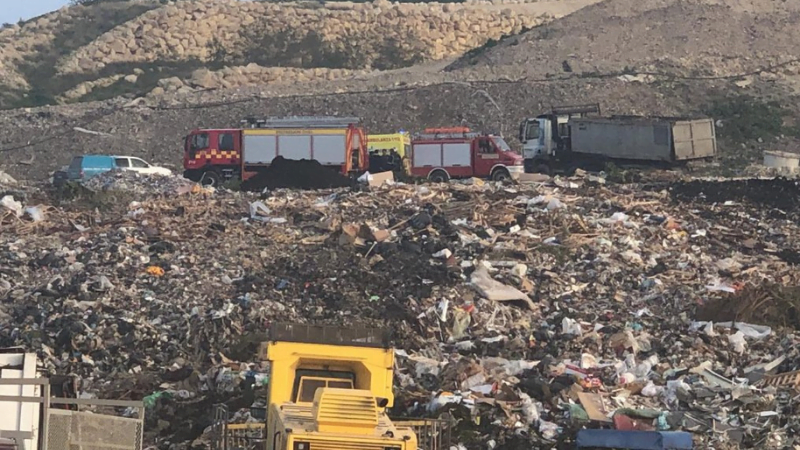Malta’s rate of consumption of natural resources has outpaced its ability to produce them for more than five decades, landing the country among the 20 most negative environmental contributors in the world, according to a data-gathering exercise conducted by the Global Footprint Network.
The database’s numbers, published in updated form this year, reveal that Malta is in 16th place in the list of countries with the greatest imbalance between supply and demand of natural resources, with Qatar, Luxembourg, the United Arab Emirates, Bahrain and Bermuda being the first five countries on the list.
The 20 worst offenders in terms of biological capacity deficit consume far more than what they are capable of producing themselves, with potential dangers such as a lack of food security and water scarcity being particularly felt in such areas.
The National Footprint and Biocapacity Accounts, gathered over the course of 54 years, provides direct insight into “ecosystems’ capacity to produce biological materials used by people and to absorb waste material generated by humans”.
The Global Footprint Network’s standard measuring unit for this productive capacity is the global hectare. The unit measures the amount of land that produces material such as food and breathable air while also recycling waste materials, divided by the number of hectares of physical land required.
A hectare equals 10,000 square metres, or roughly, the size of two football fields. Global hectares per person, therefore, is a measure of the amount of land available to sustain each person, known as biological capacity.
According to the data gathered about Malta from 1961 to 2017, the amount of biologically productive land needed to feed every person tripled from 1.8 gha to 5.7 gha, while the population increased by 25% over the same period.

During that period, the amount of land available for every person’s needs dwindled gradually from 0.8 gha to 0.6 gha. This implies that while Malta’s demand for land that produces resources as well as disposing of waste generated by human activity has tripled, the amount of productive land that is actually available has been steadily eroded.
Malta’s deficit suggests that the amount of locally available land would have to increase five-fold in order to realistically compensate for the amount of resources consumed.
A look at the data from a global perspective revealed that in 1961, global hectares (gha) per person stood at 3.1 gha, while the ecological footprint of each person (the amount of land needed to sustain an individual) was 2.3 gha.
This meant that the world generally had a surplus of 0.8 gha per person. By 2017, the positive reserve had turned into a deficit of -1.2 gha, with the ecological footprint of each individual increasing while biological capacity was cut down in half.
‘World Overshoot Day’
Another data-set produced by the Global Footprint Network’s that also gauges the rate of consumption in the world is marked by ‘World Overshoot Day’.
The term is used to annually mark the day when the earth’s stock of resources available for each year is outpaced by the amount of resources consumed on the planet. For 2021, it was 29 July, meaning humanity across the globe has already consumed what the earth is able to produce this year.
The Global Footprint Network also marked how the world would fare if it had to consume at the same rate as individual countries rather than an average that is tallied up from all of the world’s data.
For example, if the world had to consume at the same rate as Qatar, the worst-offending country in terms of bio-capacity deficit, humanity would have consumed more than the earth can produce as early as 9 February.
To put it into perspective, this would have meant that a year’s worth of the whole world’s stock of natural resources would have been used up in just 40 days.
If the entire world consumed and produced at the same rate as Malta, the overshoot point would have been reached by 13 April, or 103 days.
Human development index
The National Footprint and Biocapacity Accounts, which assessed 183 countries in total, also compiled data on the Human Development Index of every country.
The index measures average achievement in three areas of human development: longevity, access to knowledge and the gross national income (GNI) on average per person.
In this index, Malta ranks among the top 25 countries of the world, with Norway, Switzerland, Ireland, Germany and Australia sitting in the top five positions.













